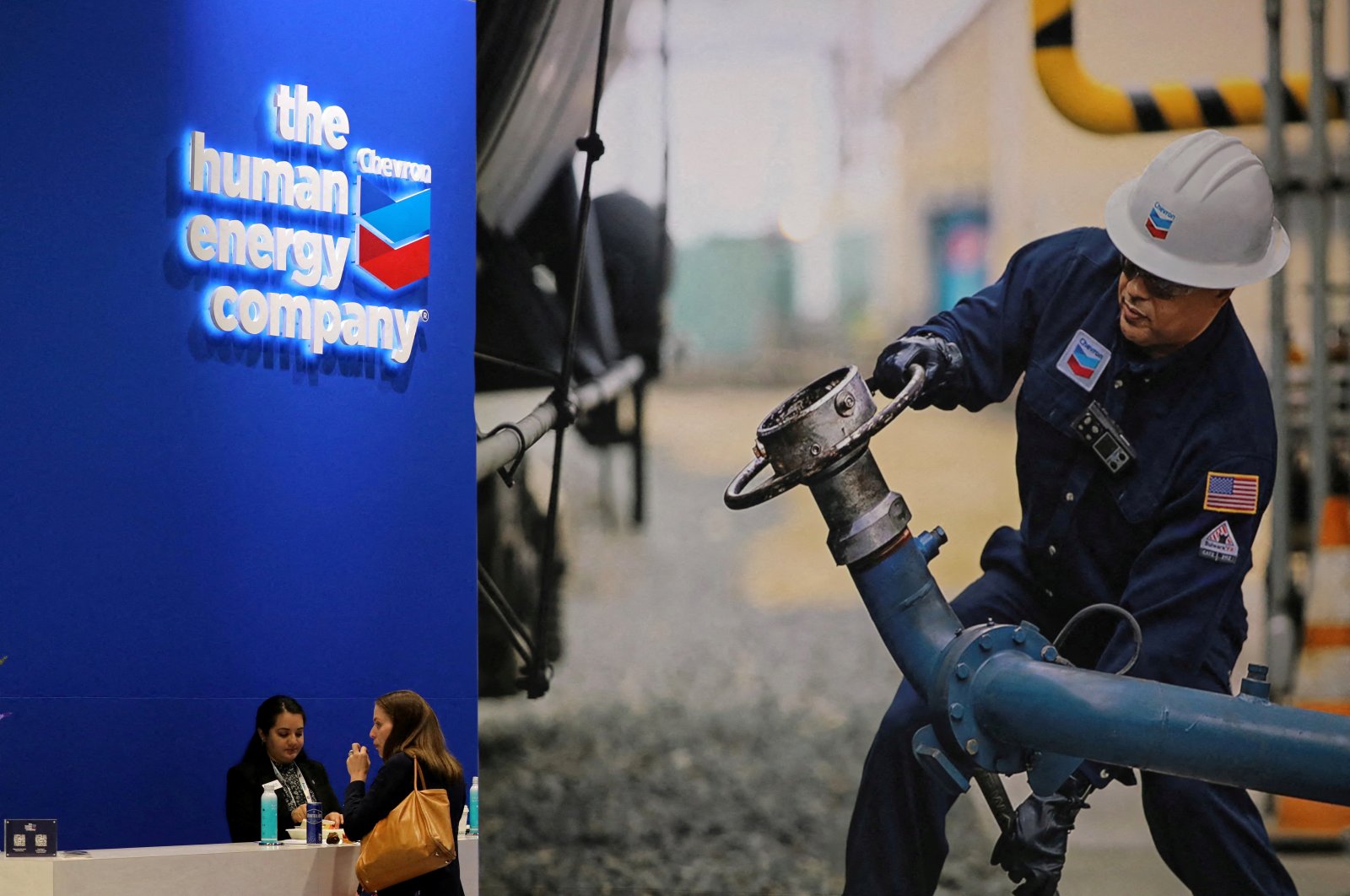
Workers at Chevron's liquefied natural gas (LNG) plants in Western Australia launched rolling strikes Friday, union officials said, threatening a major production pipeline that accounts for 5% of global LNG supply.
News of the widely anticipated strikes has spooked global gas markets in recent weeks, sending prices spiking, with union officials previously threatening to "jam up" the company's operations.
European gas prices spiked as much as 12% after Friday's strike news, a report from Reuters cited.
Workers were due to walk off the job on Thursday but agreed to a pause after Australia's industrial umpire stepped in to broker last-minute talks.
The Offshore Alliance, which represents Chevron's highly unionized workforce, said Friday morning the global energy giant would "finally be facing their day of reckoning".
"It's game on, Chevron," it said in a statement, adding that facilities would be "shut down" if they lacked "competent personnel".
Union spokesperson Brad Gandy urged the company to soften its position and "get on with the business of making billions of dollars exporting Australian gas."
Strike action would slowly escalate in coming weeks, covering 500 staff and including "rolling stoppages, bans, and limitations", according to union officials.
Chevron said it would "continue to take steps to maintain safe and reliable operations in the event of disruption at our facilities."
"Unfortunately, following numerous meetings and conciliation sessions... we remain apart on key terms," a spokesperson said in a statement sent minutes before the strike began.
"We have been advised that industrial action will commence today."
Although Europe has largely replenished gas stockpiles disrupted by the war in Ukraine, there are fears that further disruptions, coupled with strong demand in Asia, could put the squeeze on supplies.
In a research note on Friday morning, Australia's ANZ Bank said global gas markets were "on edge" as the strike deadline inched closer.
Industrial action taken by Australian staff on Shell's Prelude gas ship lasted for 76 days last year, causing an estimated $650 million in lost revenues.
The Offshore Alliance has said escalating strikes at Chevron facilities in Western Australia could cost the company "billions".
Chevron is one of two major natural gas producers in Western Australia, alongside Woodside Energy.
Between them, the two companies account for over 15% of international natural gas exports.
How the disruption could play out was not immediately clear. China and Japan are the top two buyers of Australian LNG, followed by South Korea and Taiwan.
With the capacity to produce over 15 million tons of natural gas each year, Chevron is particularly proud of the Gorgon gas plant – which it describes as "one of the world's largest LNG projects."
